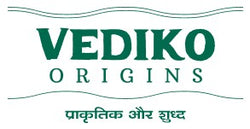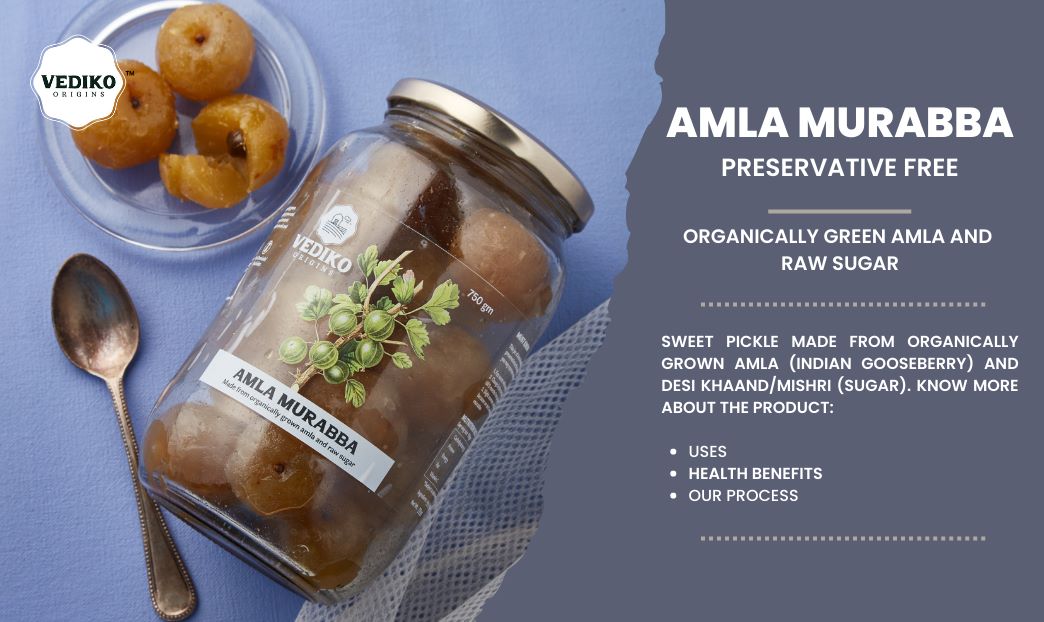If you’ve lived in India long enough, I’m sure you have had some sun-dried Amla as ‘mukhwas’. And, there’s an entire day dedicated to it! Amlaki Ekadash! Amla, the Indian gooseberry, is a beloved fruit for many reasons. A herd to Ayurvedic medicines, amla can be consumed raw, with fruit pulp or fruit rind, in the form of a powder or a juice.
Believed to first appear on earth with the tears of Brahma, this ‘sarvadosh hara’ has had the limelight in Ayurveda since ancient times. Tasty and sour, it is said to have remarkable health benefits (rasayana). Countless studies have been performed to confirm these claims. And guess what?
- These studies are confirming what our ancestors have been saying all along! With lots of tannins, alkaloids and phenolic compounds along with its super effective antioxidants
- It is used as : A vermifuge (juice), an appetizer (fruit), a cure for nausea (powder), a skin soother (paste); and for : Diabetes (seeds), Hiccups (juice), Diarrhoea (dried fruit), Anemia, Jaundice (dried fruit), Itching (Powder)
Cleansing and strengthening the mouth, amla also helps maintain cholesterol and sugar levels in your blood. Increasing hemoglobin, it also enhances cell survival. It’s rejuvenating effects maintain strength in humans of all ages, especially the elderly. This is owing to the folk story of Muni Chyawan who regained his virility by consuming amla in his 70’s. This also gave rise to the famous concept of ‘Chyawanprash’ of which Amla is a prominent ingredient.
Talking of Ayurveda and Amla, here are the qualities it contains. These are the reasons why it helps calm all three doshas : vitta, pitta and kapha.
- Rasa(taste) : Sour, acidic, sweet, bitter and pungent
- Veerya(nature) : Cool. Helps balance pitta dosha
- Vipaka(after-digestion taste) : Sweet
- Guna : Light and dry
Apart from these preparations, there’s also murabba. Vediko's Amla Murabba is prepared from organically grown Amla and raw sugar (Desi Khand). With patience and practice, the amlas are cleaned, boiled and fermented with native ingredients over a certain period of time. They are then stored and packed in sterilised jars but no sugar syrup or preservative or artificial additives are used. A rich source of vitamins, this is also a culinary treat! Have a spoonful whenever you’d like to! Try it for yourself and add a little sweetness to your tangy palette!

